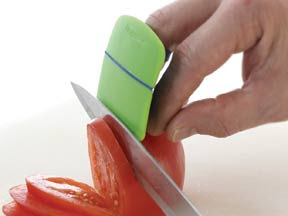Count nouns.
- can be singular and plural.
- we use many.
- we use are. (every thing that you can count).
Examples:
- kilogram-pl kilograms.
- how many kilograms of strawberries do we need?.
- are there any watermelons in the box?.
yes, there are.
Non-count nouns.
- only singular.
- we use much.
- we use is.
Examples:
- milk- singular.
- how much sugar do we have?.
- there is white cheese in the evidgal
- there is white cheese in the evidgal.
is there any cheese in your house?.
Containers and quantities.
- can.
- box.
- bottle.
- bag.
- loaf.
Simple present.
- routine / habit / repeated action.
- if you have adverbs of frequency.
(always, never, sometimes).
- if you have "every"
day
month
tuesday
- use do / does.
- use don`t / doesn`t.
Important: * like, need, want, have.
* 3rd person singular + s / es.
he / she / it.
Present continuous.
- action is now.
- at this moment.
- at the moments of speaking.
- use am / is / are.---- am not isn`t, aren´t
- use verb + ing.
- we can use it for the future.
don`t say: we cook dinner now.
don´t say: I am cooking dinner every day.

































